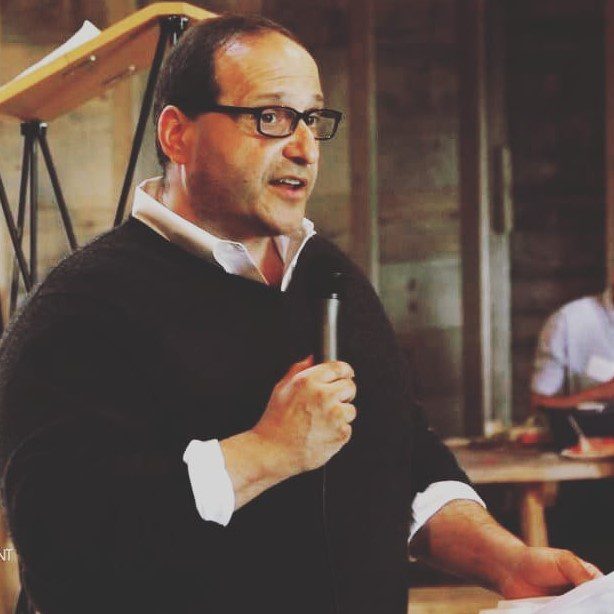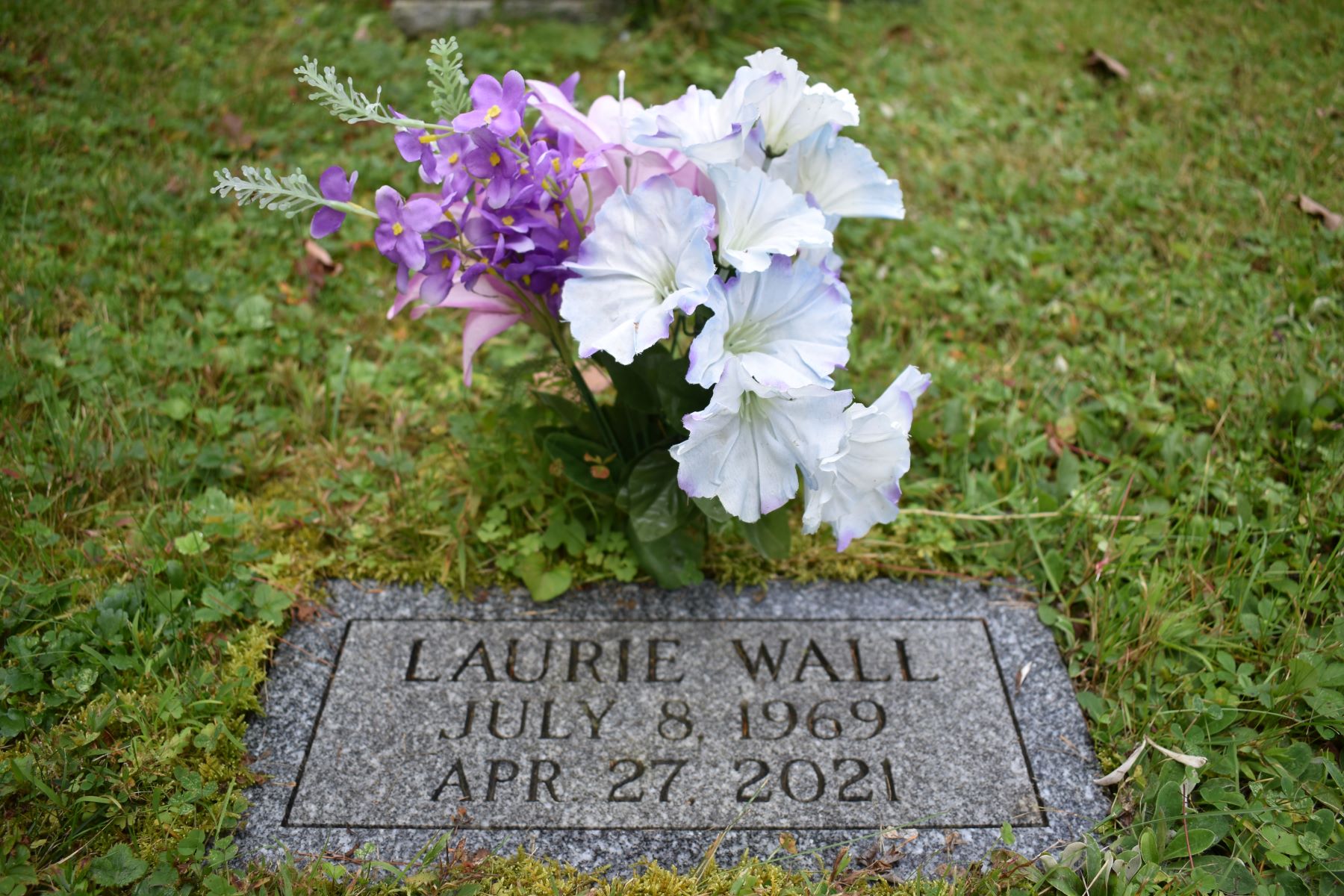The tragic deaths of eight incapacitated adults under public guardianship detailed in a recent Maine Monitor investigation drew the attention of state lawmakers, who say the deaths should be investigated to “the fullest extent possible” and that legislators should consider a possible breakup of the Department of Health and Human Services.
The Maine Monitor revealed that state medical examiners labeled the ways seven adults under public guardianship died in the past three years as “undetermined” and that one woman’s death was a “homicide.” Several cases were not criminally investigated, and the attorney general’s office decided not to prosecute the homicide.
State Senate President Troy Jackson was “alarmed” by the unexplained deaths as reported by the Monitor, and said his heart goes out to families who lost those who died in state custody.
“It is vital that Maine take steps to ensure that there is transparency and proper oversight of the public guardianship program. The death of any individual in state custody must be investigated to the fullest extent possible,” Jackson said Friday through a spokeswoman.
The circumstances of the deaths were “tragic,” and it is particularly concerning that several were caused by over-medication, said state Sen. Lisa Keim (R-Dixfield).
“It seems like they were alone,” Keim said. “My first thought was that no one is advocating for them; no one is taking care of them.”
Public guardians are employees of the Department of Health and Human Services, and are often the last resort for adults who can no longer safely make their own decisions. Probate judges appoint public guardians to make medical, housing and social decisions for incapacitated adults when no relatives are willing or able to help.
Keim noted that when someone going through a major medical episode usually has a family member advocating for them, but in public guardianships must rely on a Department of Health and Human Services employee.
The department is managing too many programs and may need to be broken apart, Keim said.
The Department of Health and Human Services is the largest executive branch agency in Maine. It employs around 3,000 people, and provides health and social services to approximately one-third of the state’s population, according to the state’s website.
State Sen. Joe Baldacci (D-Bangor) has a bill in the Legislature to add an independent “inspector general” office to the department.
The inspector general, who would be appointed by the governor, would have the power to investigate complaints, subpoena for records and access department documents, and report concerns to law enforcement, the attorney general or licensing agencies.

The inspector general most importantly would be independent and have the “teeth” to respond to concerns, Baldacci said.
“The standard refrain from the attorney general’s office is, ‘We represent DHHS,’ so their ability to be an independent overseer is, in my opinion, extremely limited,” Baldacci said.
The inspector general would oversee the more than 2,000 children in state custody, and Baldacci is considering an amendment before the Legislature returns in January to add the roughly 1,200 adults under public guardianship as well.
The inspector general proposal is modeled on a similar position in Nebraska, Baldacci said.
Donna Bailey, former probate judge for York County and current state senator, said legislators should look closer at the eight deaths detailed in the recent Maine Monitor investigation.
“It would be appropriate for the Government Oversight Committee to investigate the cases raised in the article and the issues surrounding public guardianship raised in the article in order to make recommendations on how to improve our adult protective system,” Bailey said.
Bailey championed an updated law that will go into effect in October, which will allow attorneys to access Adult Protective Services records about their clients when the lawyer is assigned by the probate courts to represent a potentially incapacitated adult in a public guardianship case.
“We should look at how to best have that attorney continue to be involved in the case with access to the department’s file, as another way to oversee the state in carrying out its duties and responsibilities,” Bailey said in response to the Monitor’s reporting.
Bailey and Baldacci separately said legislators should consider reestablishing the Office of Advocacy, which was within the Department of Health and Human Services and looked out for the interest of people receiving state services. The office closed in 2012 after former Gov. Paul LePage eliminated its budget.
The Monitor reviewed 300 pages of probate court records that detailed the state and court’s oversight of eight individuals’ care, and obtained data about more than 200 public guardianship deaths that were reviewed by the state medical examiner’s office between 2018 and 2023.
Among those cases was Laurie Wall, a non-verbal woman with cerebral palsy who died of “acute intoxication” of three prescription drugs. State Police have had an open investigation of her death for more than two years, the Monitor reported.
Janice Sirois died in Fort Kent from the “combined toxic effects” of prescription drugs and alcohol. Her death was deemed a “homicide” by medical examiners. The Maine attorney general’s office closed the case without prosecution.
Attorney General Aaron Frey was not available for an interview last week, spokeswoman Danna Hayes said.

The Monitor’s reporting showed the problem with Maine having 16 independent probate courts oversee public guardianships when the probate courts do not have a centralized place or a set of standards about how to resolve problems, Baldacci said.
“There is a vacuum of accountability and we need to have a better way to fill that vacuum in order to protect people’s lives and their families,” Baldacci said.
The Monitor also found that the Department of Health and Human Services was not informing lawmakers about deaths it reported to the medical examiner’s office, as required.
Gov. Janet Mills would support conversations between state officials and lawmakers about how to keep legislators informed about deaths of people under public guardianship, while protecting privacy and confidentiality, her spokesman Ben Goodman said. Mills declined an interview request from the Monitor.
“The administration is committed to protecting the health, safety and welfare of vulnerable adults through the Department of Health and Human Services’ Office of Aging and Disability Services that works with probate courts,” Goodman said.
A requirement that the department report to state lawmakers about these kinds of deaths, “to our knowledge, has never been implemented since it was enacted more than 25 years ago,” said department spokeswoman Jackie Farwell.
Since 2021, all public guardianship deaths have been reported to the medical examiner’s office, she said. Providers of state services to older Mainers and people with disabilities are also required to report all deaths while a person is in their care.
In response to the idea of breaking apart the Department of Health and Human Services, Farwell said, “integration of services for vulnerable individuals across DHHS helps to ensure that a wide variety of needs can be addressed comprehensively while limiting needless and costly bureaucratic barriers.”
The state budget included $4 million to reduce abuse, neglect and exploitation of older adults and adults with disabilities in Maine, Farwell said.
Employees were added to Adult Protective Services to respond to reports of abuse, neglect and exploitation, said Rep. Michele Meyer (D-Eliot), chair of the Health and Human Services Committee.
Lawmakers also created a mortality review panel in 2021 to independently review deaths and serious injuries of some older Mainers and adults with disabilities, said Meyer.
Much of the mortality review panel’s work to analyze trends, and strengths and weaknesses of the state’s system of care is confidential. The panel provides an annual report to lawmakers each January, which in 2022 included 16 unexplained or unexpected deaths; two cases were referred to the whole panel for review.
It is unknown if any of the eight people identified in The Monitor’s reporting were among the anonymous unexplained or unexpected deaths reviewed by the panel.
The Monitor’s recent reporting on the state’s probate system brought attention to the use of guardianships rather than less restrictive alternatives, and raised questions about probate judge’s effectiveness in overseeing guardians.
One critic of the current guardianship system, Staci Converse, an attorney with Disability Rights Maine, said the state’s broad use of guardianship does not protect people.
Guardianship is a prolonged, often life-long case for a person, and it gives the probate courts the task of monitoring a person’s care, which it is not set up to do, she said.
“Most courts don’t have this ongoing monitoring role. This isn’t what courts do,” Converse said.
Probate judges are required to rule out that an individual could safely meet their needs with the help of family or friends by using “supported decision-making” before appointing a guardian.
Supported Decision-Making is an alternative to guardianship that is already in state law and does not require continual monitoring by a probate judge. Converse said this option works for the “vast majority” of people.
It would help if the state had better oversight of the people providing services to people with disabilities, she said.
“People frequently have guardians, and are still abused and neglected,” Converse said.







